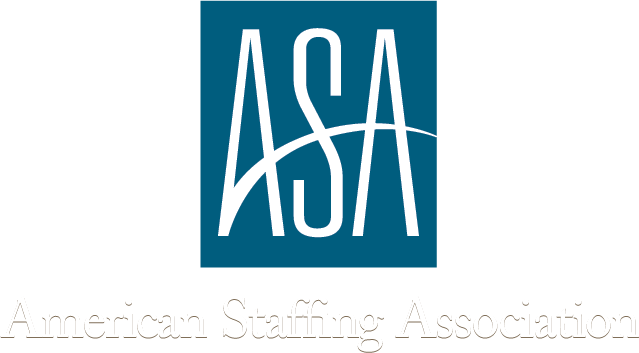For hiring managers, an extended employment gap in an applicant’s work history raises immediate red flags. That makes it one of the most sensitive subjects that can comes up in an interview. But it is important that you address the issues directly in order to assuage the concerns of the hiring manager and take the issue off the table once and for all. Use these effective strategies to turn a cause for alarm into a nonissue.
Prepare an Answer in Advance
The reason for your employment gap could be entirely innocent, or it could call into question your abilities as an employee. But regardless of the reason, you need to have an answer prepared in advance. Employment gaps stand out on a resume, and you can almost guarantee that the hiring manager has noticed it and will bring it up. If you do not have an answer prepared in advance and you struggle to explain the situation during the interview, you end up coming off as evasive and deceitful –which only compounds the problem.
Turn a Negative into a Positive
Not all employment gaps are a negative. For instance, maybe you took an extended period of time off to travel, to continue your education, or to pursue freelance opportunities. If you can spin your employment gap into something positive, don’t be afraid to frame it as a credential rather than a liability. Today’s hiring managers are looking for the kinds of dynamic and bold employees that have the courage to do things differently. And if you are applying with a more conservative company, you can frame your employment gap as an important part of your past that you have moved beyond to focus entirely on your career.
Never Lie
An employment gap will not immediately disqualify you for a job, but lying on your application documents or during your interview will. Regardless of why you have an employment gap on your resume, you need to be honest about it, and never try to falsify the circumstances. It is easier than ever for hiring managers to verify information, and your lie will almost certainly be discovered. Recruiters understand that unemployment happens, so having been fired or laid off may not be the deal breaker that you expect it to be. And some hiring managers may even give you credit for your honesty if you choose to be completely candid about the subject.
You can’t go back and erase the employment gap from your resume. Your only option is to address it head on, and find ways to move past it. And once you have built up a sustained period of consistent employment, most hiring managers won’t even bring up an employment gap from 15 or 20 years ago. For more resources that can help you ace your job interview, work with the employment experts at Selectek.


